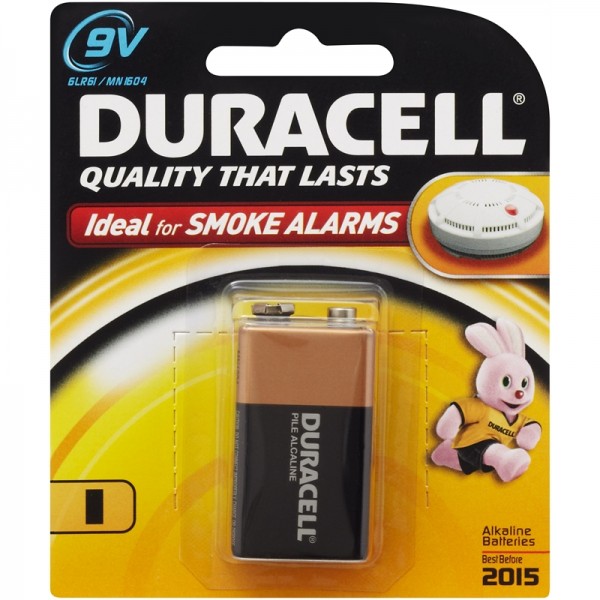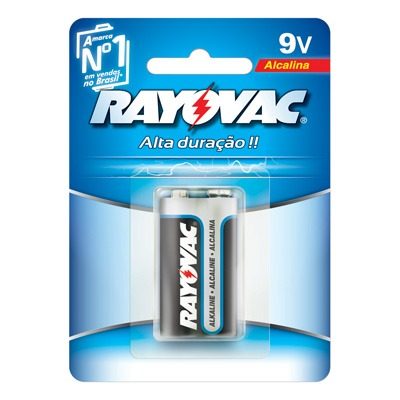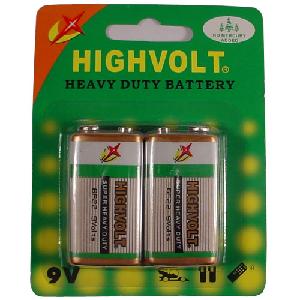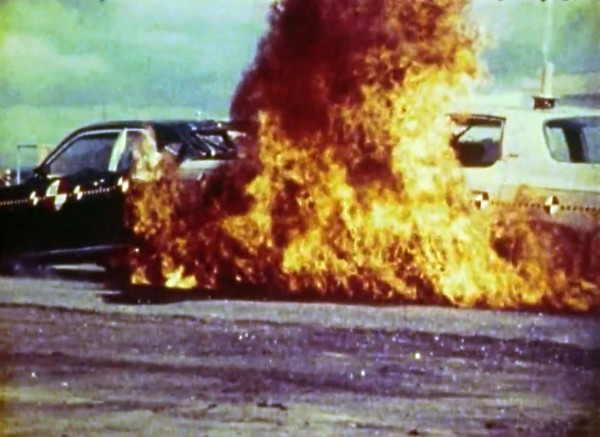Are you a Quiet Speculation member?
If not, now is a perfect time to join up! Our powerful tools, breaking-news analysis, and exclusive Discord channel will make sure you stay up to date and ahead of the curve.
Welcome back, readers! Every once in a while I like to write an article focused on a more "macro" look at the MTG finance world, rather than a micro look (specific cards going up/down, metagame shifts, etc.) Luckily, my QS bosses are lenient enough that they let me do these every once in awhile, but don't worry next week we'll be back to looking at the individual movers and shakers.
But now the subject at hand...
Building Reputation
“It takes a lifetime to build a good reputation, but you can lose it in a minute.”
- Will Rogers
Let's say you run into Target to buy some batteries for your smoke detector. You go to the electronics section and you see the following options:
Which one do you buy?
A lot of us might waver between the Duracell and the Rayovac, but we'd quickly dismiss the Highvolt's...even if you get twice as many for the price of one of the other batteries.
Why?
The most likely reason is that our brain rationalizes the fact that we don't have to buy smoke detector batteries all that often so in addition to batteries, we're buying the feeling of "protection" that the name-brand batteries won't fail prematurely or not work out of the package. After all, who knows what kind of testing Highvolt does.
This is the same reason Star City Games can charge $80.35 for a NM Scrubland that you can buy off TCG player for $68 (lowest I could find). For the extra $12.35 you are guaranteed a truly NM Scrubland, as SCG is very stringent on grading--they also would never send a fake (and they always ship). Obviously there are plenty of players out there willing to pony up the extra 18% for this feeling of buyer protection.
Aside: while looking for a card to compare SCG with TCG, I was surprised at how difficult it was to find anything with a big enough difference; it appears SCG has really become competitive with their card prices...Yay, capitalism!
Another example in the Magic financial world are the buyers listed in QS's TT3 program. These buyers have proven to provide good customer service as well as some of the highest buy prices available. Chances are there are some cards where a higher buylist price exists (somewhere on the internet), however, selling to these companies gives the seller the most money and protection. After all, once you ship your cards off you have no real control and little course of action if something goes awry.
These stores being on TT3 means they likely get more cards submitted to them via buylist than a lot of other stores (likely more than if TT3 didn't exist) so they are getting more cards to sell and generate a profit by maintaining a good reputation. As some of you know, one store has recently been pulled from TT3 because they failed to maintain fair/good business practices and despite having high prices on many cards they are no longer defaulted on TT3 which is leading to loss of potential profit.
So we have two very major and obvious examples of the value of reputation in the MTG finance world.
The Cost of a Bad Reputation
As you'd expect, the sword cuts both ways and stores with bad reputations quickly start losing money (as I previously alluded to). They can adapt or they can plod along until they go under.
A local store around here did just that. He had a nice store, a decent amount of room, plenty of snacks, and even non-MTG merchandise which seemed to sell relatively well. But he never had any good cards in stock that weren't acquired by purchasing a big collection. As you can guess that option dies out pretty quick when there's plenty of competition from multiple stores and individuals.
He couldn't get any new cards in because his trade-in policy was terrible. Once word got around (he offered 25% of TCG-Mid in cash or trade), nobody bothered to offer him trade-ins and when he'd ask nobody volunteered their binder.
For more examples of stores with bad reputations feel free to jump on over to our forums under Reseller Reviews. Here you can find a giant (and quite useful) list of a lot of different MTG retailers, some of which have proven over and over that they can be trusted and provide an excellent buying/selling experience, and others that prove that not everyone is equal when it comes to customer service.
A great non-MTG example is the Ford Motor Company. In 1977 the Ford Pinto was found to have a critical design flaw which caused the gas tank to be punctured in a rear-end collision, greatly increasing the probability of a fire or explosion. Supposedly, an internal Ford cost-benefit analysis concluded that the $11 per car cost to the company for a recall was more than the cost of paying for the damages/lawsuits that would occur due to the defect.
Unfortunately (for Ford), this memo, dubbed the "Ford Pinto Memo," was leaked to the media. This leak led to a media firestorm and accusations that the Ford board members valued human life at less than $11. Ford sales dropped 30.6% during the lawsuit and trial (which obviously hadn't been factored into that cost-benefit analysis). Ford stock, which had previously traded in the $40-50 range, hit a lot of $22 per share. The Pinto is still a shining example of poor engineering (as we learned about it in our Engineering Ethics lectures) and it's unlikely we'll see that name badge on another Ford. (Fun fact, Ford did continue to make the Pinto up until 1980 before it was replaced by the Escort).
Ironically, further investigation by Mr. Gary T. Schwartz for his paper "The Myth of the Ford Pinto Case" found that the $11 value was actually pulled from a National Highway Traffic Safety Administration regulation, so even misinformation can ruin a reputation.
Obviously it's important to gain and maintain a good reputation. I've already written past articles on bad trading techniques, so I won't retype those (even though it would bump up the ol' word count quite a bit), especially since a lot of those should be pretty obvious from anyone who isn't a self-proclaimed sadist.
Even when you could have gotten a steal on something, it's often better to alert the other party of any major price discrepancies they have. You might pay a little more now, but more often than not that person knows other people with cards and they'll come to you first. I can happily say I'm in that position in my community because I've alerted people that the pile of cards they thought was worth $5 is actually worth $50.
Another good example is when you invest in a Roth IRA instead of a traditional IRA. You're trading immediate gratification (in this instance more money directly into your retirement account) for long-term gratification (your money isn't taxed when it leaves the account). The point being that over the long run one option is better, but also different than the best short-term option.
As you might guess, maintaining your reputation follows hand in hand with how you built it in the first place. It will require constant vigilance and can honestly be very challenging at times. But as we've seen there's a direct and obvious benefit to a good reputation (either more business, higher profits or both) and real costs, direct and indirect, to a bad reputation.








Well written, one thing i’d like to mention that goes along with this article is, magic is a social game everyone at one point or another has a conversation with each other. I have built a great reputation in my community as well by being honest and upfront with pricing. Like this week a had a customer with an unsleeved the abyss in his stack of 30 trade cards he was very happy to see the price and trade it for 3 digits.